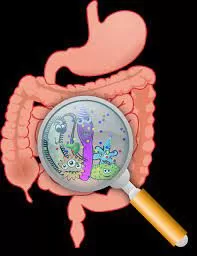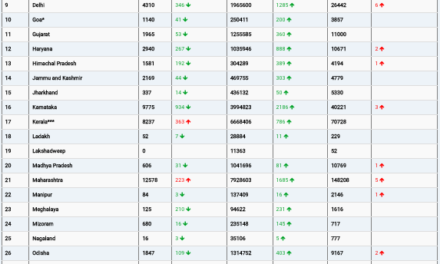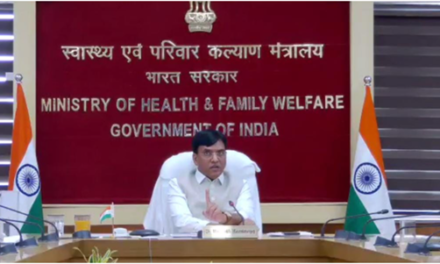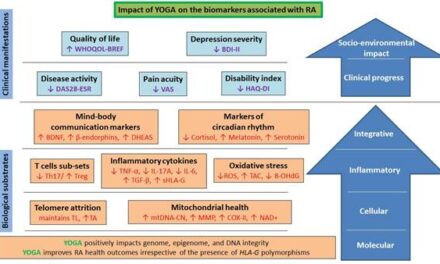New Delhi, February 7, 2024 — In a significant move aimed at enhancing healthcare accessibility and promoting holistic wellness, the Government of India has adopted a strategy of co-locating AYUSH (Ayurveda, Yoga and Naturopathy, Unani, Siddha, and Homeopathy) facilities at various healthcare centers, offering patients the choice of different systems of medicine under one roof.
As of September 30, 2023, AYUSH services have been allocated at 470 District Hospitals (DHs), 3,149 Community Health Centres (CHCs), and numerous other health facilities across the country. This strategic integration ensures that patients can avail themselves of AYUSH treatments alongside conventional medical services, fostering a comprehensive approach to healthcare delivery.
Moreover, AYUSH has been seamlessly integrated into the new and upcoming All India Institute of Medical Sciences (AIIMS) under the Ministry of Health & Family Welfare. A Joint Coordination Committee (JCC) has been formed to facilitate effective integration, emphasizing the government’s commitment to promoting holistic healthcare practices.
In addition to clinical services, the government has prioritized wellness-related activities through Ayushman Arogya Mandirs (AAMs). These centers conduct a range of activities, including yoga, cycling, and meditation, with over 3.10 crore wellness sessions conducted as of January 31, 2024. This initiative underscores the government’s efforts to promote preventive healthcare and holistic well-being.
The establishment of Ayushman Bharat Health and Wellness Centres (now renamed Ayushman Arogya Mandirs) has been a cornerstone of the government’s healthcare strategy. With the goal of establishing 1,50,000 such centers across the country by December 2022, the government has surpassed expectations, with 1,64,478 centers operationalized by January 31, 2024. These centers provide a comprehensive range of primary healthcare services, including preventive, promotive, curative, palliative, and rehabilitative care, free of cost and accessible to communities across rural and urban areas.
Furthermore, teleconsultation services available at operational AAMs have played a crucial role in improving healthcare accessibility, particularly in remote areas. With a total of 19.41 crore teleconsultations conducted as of January 31, 2024, these services have addressed concerns related to physical accessibility, cost-saving, and the shortage of healthcare providers, ensuring continuity of care for patients.
Union Minister of State for Health and Family Welfare, Dr. Bharati Pravin Pawar, highlighted these initiatives in a written reply in the Rajya Sabha, emphasizing the government’s commitment to promoting integrated healthcare services and holistic wellness practices across the nation.












